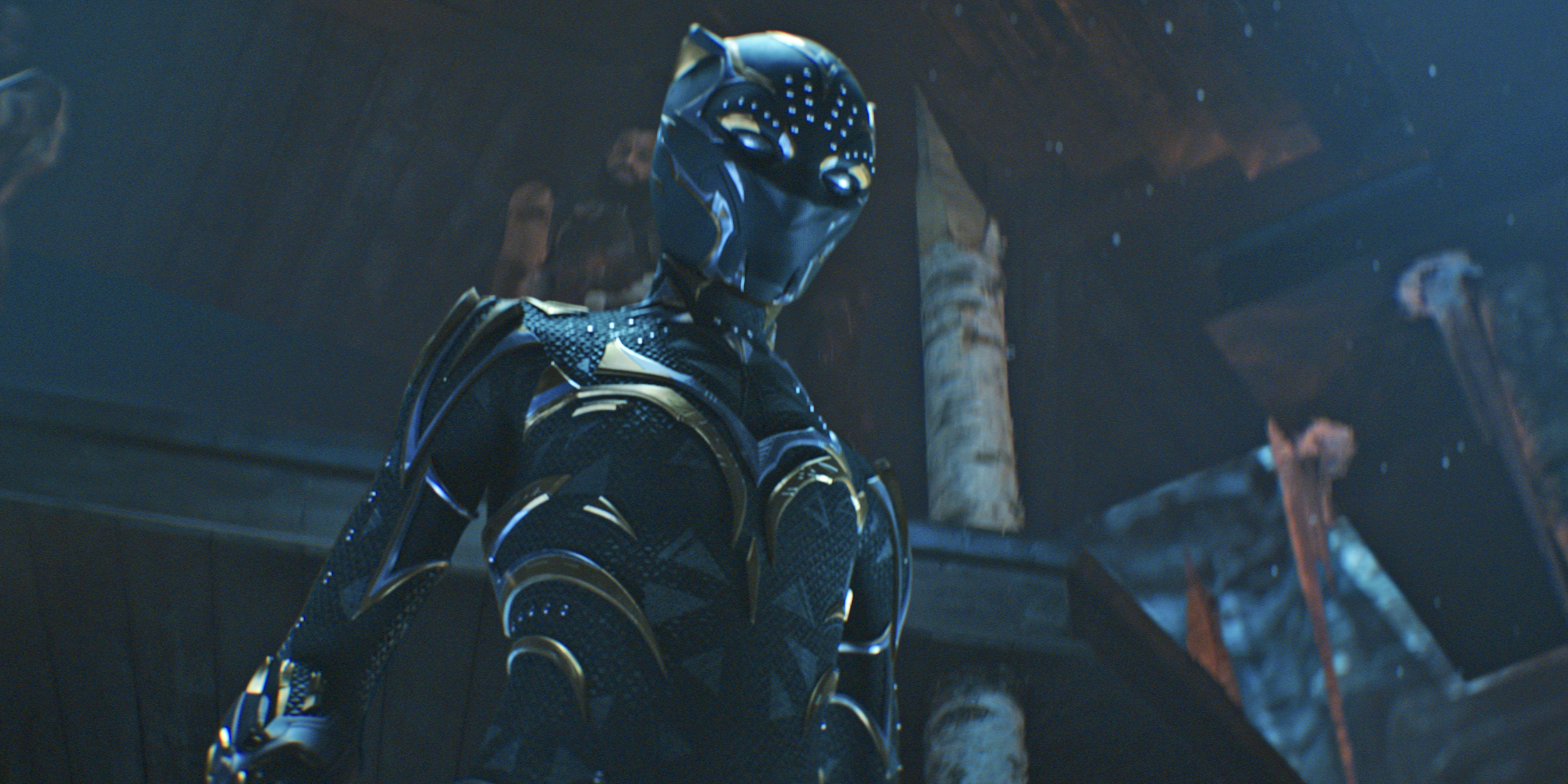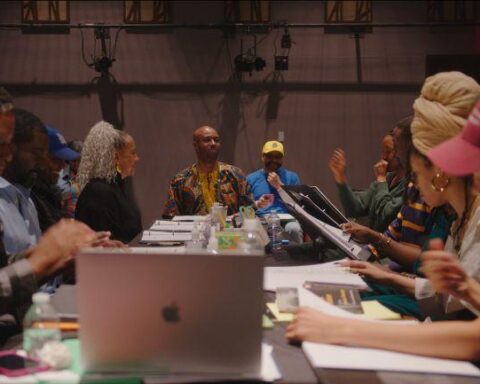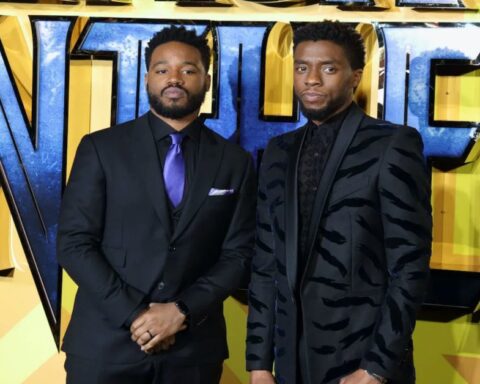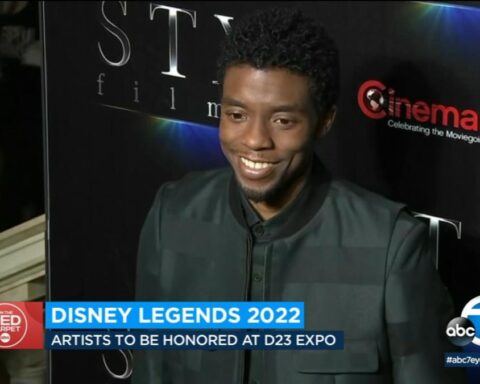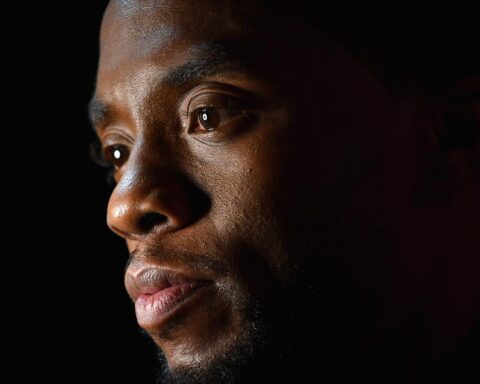By Candice Williams
“Black Panther: Wakanda Forever,” which will be released nationwide Friday, is already on track to become a critical success. It offers a poignant and powerful tribute to the film’s original Black Panther, Chadwick Boseman, who died in August 2020 from colon cancer.
Yet, as fans gear up for the second installment of this Black superhero odyssey that celebrates African identity, some of the film’s stars say there’s still a startling lack of Black representation in superhero films four years after “Black Panther” showed that these types of heroes were needed.
“One thing I knew for certain was that there was no excuse for that lack,” said Danai Gurira, 44, who plays Dora Milaje general Okoye in the film. “And that had to be rectified. And that’s still my purpose. Like it hasn’t shifted. I still feel that way. I still feel there’s a long way to go.”
Studies have shown that it’s important for children to see superheroes that look like them. In a November 2021 survey by Morning Consult, which looked at Marvel and other superhero franchises and their effort to improve on-screen representation, data showed that “there’s still demand for greater diversity among leading characters in superhero films — especially from Gen Z.” The report found 44% of Gen Z adults, a key demographic of potential growth for Marvel, “think superhero movies should have more leading Black characters.”
To that point, the film’s actors acknowledge there’s a new void following Boseman’s death — one they hope to collectively fill by taking on his mantle and changing the narrow landscape.
Lupita Nyong’o, 39, who plays Nakia, an undercover spy for Wakanda, said she felt a deep responsibility to let young fans feel seen and experience relatable heroes.
“These are exactly the kinds of projects I wish I had as a child,” she said. “And now I get to participate in totally shifting the paradigms that little kids are going to have about what’s possible for people of dark complexion. And that’s really cool that there might be a time when kids grow up not knowing that they could be considered less valuable. … So I’m very excited about being part of the change, and creating a new status quo for a younger generation, a new bar of expectation.”
Letitia Wright, 29, who plays Black Panther’s younger sister Shuri, said she feels the urgent need to help fill the void that Boseman left, adding that having a Black Panther or a Shuri growing up would have been life-changing.
“It definitely would have just opened more of my imagination,” Wright said. “It would have definitely … pushed me … to be more inspired — to dream bigger. But it’s never too late. And it’s nice to see that the generation coming up, young boys and girls … can look at these films and feel so inspired.”
But you don’t have to be a young boy or girl to be inspired. Gurira, who said she never had anything like “Black Panther” growing up, said experiencing this film as an adult “sparked a hunger” in her as a creative. “It’s why I became a playwright. It’s like, I just couldn’t find it. So I started to write it,” she said.
Gurira said it’s imperative that Black creatives continue to push for change in the film industry so movies like “Black Panther” can become the norm.
“When I see those young girls who are shown the Black ‘Little Mermaid’ … and their response, I’m like, not only do I feel great about it, I feel hopeful,” Gurira said. “But I also feel like, ‘Oh, no, we got a lot more work to do,’ because I need to come to a place where these girls are not surprised to see themselves.”
The work of bringing Black heroes to film is what director Ryan Coogler has been focused on since he signed on to helm the first “Black Panther.” That film, which was the first big-budget Black superhero movie with a Black director and a majority-Black cast, did something that other studio film projects featuring Black superheroes like Steel, Hancock, Spawn and even Blade may not have fully accomplished during their time: It showed Hollywood that predominantly Black movies led by Black creatives can be a mainstream success if given the right opportunity, budget and creative freedom.
Coogler said “it’s a beautiful thing that colleagues” like “Creed II” director Steven Caple Jr. and “Judas and the Black Messiah” director Shaka King are also carrying that mantle of representation. “These filmmakers that are coming up are making things and contributing,” he said. “I’m honored to be one of them and that studios trust me enough to let me work on things that get released.”
But being a part of this small group of Black filmmakers with major studio support also comes with an immense amount of pressure, Coogler said. They are closely watched by studio execs who expect a return on their investment — and if they don’t meet expectations, then that could mean closed doors for other Black filmmakers. But, Coogler added, when they are successful, it allows for new opportunities and for others to be inspired.
“It’s a beautiful thing that I’m able to contribute now,” Coogler, 36, said. “But it is my job today. It could be somebody else’s job tomorrow. How great would it be if in 20, 30 years you’re interviewing someone who watched these movies when they were young. That would be a tremendous gift.”

